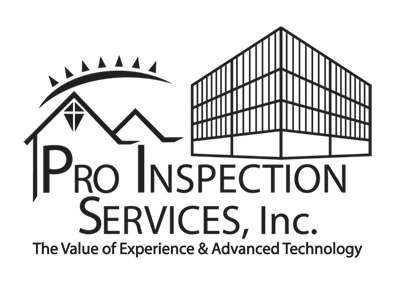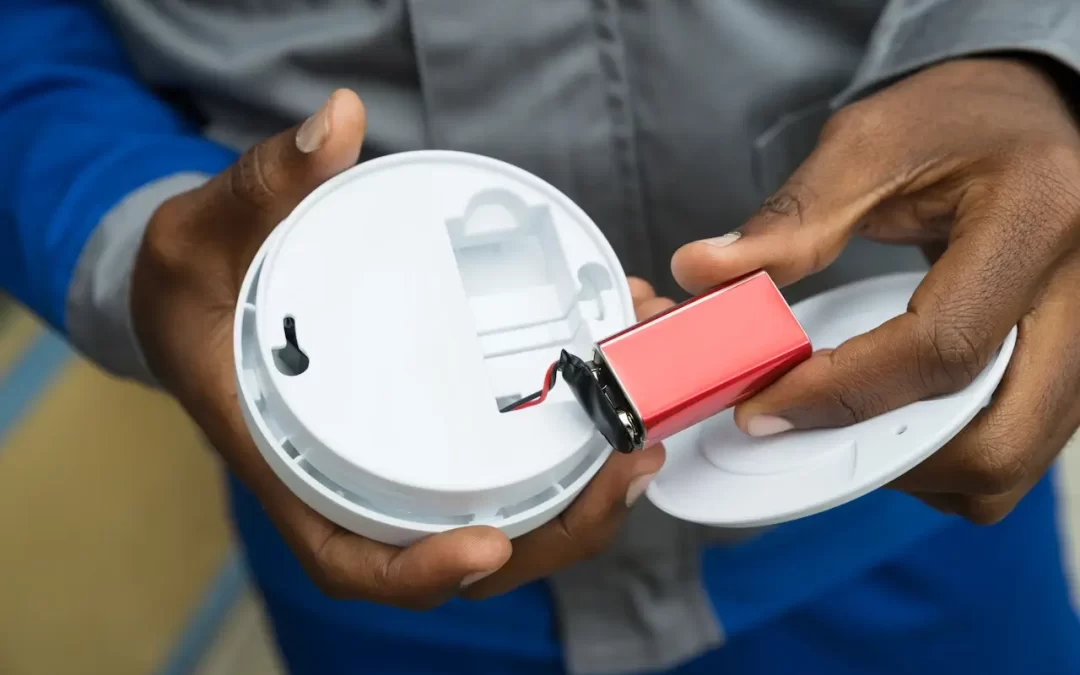When it comes to home safety, the proper installation of smoke detectors is essential. Smoke detectors are a first line of defense against deadly house fires, providing the early warning necessary to evacuate safely. Learn about the optimal locations for smoke-detecting devices to maximize their effectiveness. Below are five tips for smoke detector placement in the home.
Smoke Detector Placement
1. Inside and Outside Sleeping Areas
Because household members are less alert when in their bedrooms, verify there is a working smoke detector in each bedroom and outside every sleeping area. These locations ensure if a fire starts in or near these areas, you will be alerted as quickly as possible – even if you’re asleep.
2. On Every Level of Your Home
Install at least one smoke detector on every level of your home, including the basement. The central hallway of the upper floor is generally a good location, so the device can detect smoke and alert anyone on the floor to the danger. Install your basement detector on the ceiling at the bottom of the stairs. This device will alert family members on the upper floors if a fire occurs in the basement.
3. Smoke Detector Placement in High-Risk Areas
The kitchen and garage are high-risk areas for fires. Install detectors at least 10 feet from cooking appliances to reduce false alarms caused by normal cooking activities. For garages, make sure the detector is close enough to the interior door to hear the alarm from inside the house.
4. Ceiling Placement
Smoke rises, so mount the alarms on the ceiling for the most effective smoke detection. If wall installation is your only option, place each device between four and 12 inches away from the ceiling. Avoid corners where airflow is restricted, as it might delay the activation of the alarm.
5. Smoke Detector Placement: Avoid Drafty Areas
Don’t install smoke detectors near windows, doors, HVAC vents, ceiling fans, and other areas susceptible to drafts. Airflow can interfere with their operation. Similarly, don’t install a device in the bathroom, as steam can sometimes trigger the alarms.
Additional Safety Tips for Smoke Detectors in the Home
Your responsibility doesn’t end after you’ve installed smoke detectors. Below are a few tips to ensure the devices in your home are functional.
- Test each device monthly. Pick a day each month to test your smoke detectors to verify they’re working effectively.
- Replace the batteries annually. Even hardwired detectors have backup batteries. Regular replacement ensures functionality even during power outages.
- Replace your smoke detectors every ten years. Smoke detectors have a limited lifespan. Irrespective of their apparent condition, replace them every decade.
Updating and maintaining your smoke detectors is a basic fire safety precaution and an investment in your peace of mind. With the above tips for smoke detector placement and maintenance, homeowners can rest assured that they’re taking proactive steps to protect their homes and loved ones in the event of a fire.
FAQs
Are there specific regulations or guidelines for smoke detector placement in different states or regions?
Yes, regulations and guidelines for smoke detector placement may vary by state or region. Familiarize yourself with local building codes and regulations to ensure compliance when installing detectors in your home.
Can I connect multiple smoke detectors in my home so they all sound an alarm simultaneously?
Yes, you can install interconnected smoke detectors that will sound throughout the home in the event of a fire. This connected setup provides comprehensive coverage and ensures that occupants throughout the building are alerted to the danger.
Can I install smoke detectors in outdoor areas, such as on the backyard deck or pergola?
Smoke detectors are designed for indoor use and may not function properly when exposed to outdoor elements such as weather and temperature fluctuations. It’s best to install them inside the home where occupants spend the most time, such as bedrooms, living rooms, and hallways.
Is hiring a professional electrician to install smoke detectors necessary, or can I do it myself?
Homeowners can install smoke detectors themselves. However, if you opt for an interconnected alarm system, hiring a professional electrician is recommended to ensure proper installation and compliance with local building codes and regulations.
Are there specific considerations for installing smoke detectors in homes with vaulted ceilings or open floor plans?
Homes with vaulted ceilings or open floor plans may require additional devices to ensure comprehensive coverage. Install smoke detectors in areas where smoke can accumulate, considering the home’s layout and design. Consult with a fire safety professional to determine the best placement of devices in these types of homes.
Pro Home Inspection Services provides professional home inspections to customers in eastern South Carolina. Contact us to request our services.

